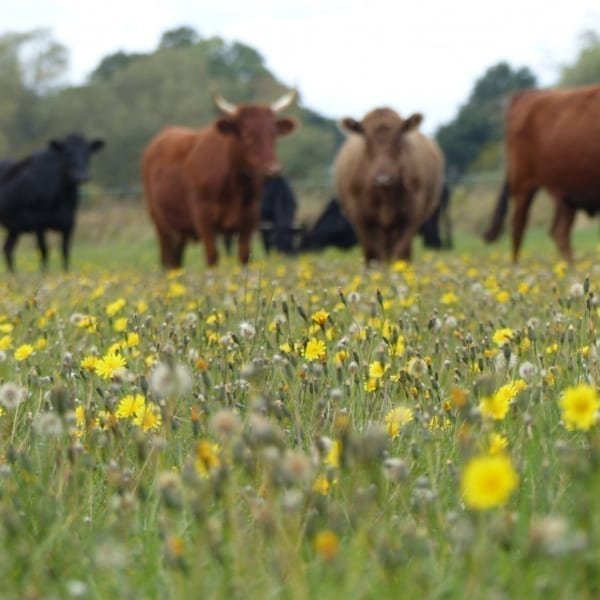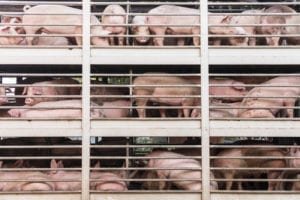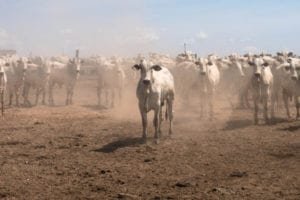Main image: Aftermath of Fires in Pantanal, Brazil © Leandro Cagiano / Greenpeace
The world’s largest meat processors slaughtered cattle bought from ranchers linked to the 2020 fires that destroyed one-third of the world’s largest inland wetland in the Pantanal region of Brazil, Greenpeace International reveals in a new report.
In Making Mincemeat of the Pantanal, the NGO names 15 cattle ranchers in the region that have recently supplied JBS, Marfrig and Minerva.
Together, they own cattle ranches where more than 73,000 hectares burned between 01 July and 27 October 2020.
That’s an area the half the size of Greater London. In many cases, the burn scar stretches far beyond the properties’ boundaries.
JBS and UK companies
UK companies trading with JBS via its UK subsidiaries include Tesco, Sainsbury’s, Asda, Burger King, MacDonald’s and KFC.
They continue to trade despite the fact that JBS is already notorious for scandals involving deforestation, illegalities and human rights abuses in the Amazon.
‘The determination of UK supermarkets and fast food companies to continue trading with JBS is astounding. This is not about whether supermarkets sell Brazilian beef, it’s far bigger than that. It’s about Tesco, Sainsbury’s, M&S and others funding destruction of the natural world by trading with industrial meat giants.
‘Scandal after scandal has linked JBS to some of the most harmful business practices imaginable in the Amazon. Now we have evidence of it ignoring the destruction of another of the world’s most important, wildlife-rich habitats. How much more environmental devastation do we need to witness before Tesco finally takes a lead and drops JBS for good?’
ANNA JONES
Head of forests, Greenpeace UK
Links to fast food giants
The 15 ranchers have supplied at least 14 meat processing facilities owned by JBS and the other two meat giants.
13 of the ranchers directly supplied one or more of the meat processors from a final approved farm that they owned.
Direct trade links have been identified from one or more of the meat processing facilities to customers including Burger King and McDonald’s, Danish Crown Group, Nestlé, Brazil’s Pão de Açúcar supermarket chain (a member of the French Casino Group) and Walmart-Chile.
Correspondence between Greenpeace International and JBS, Marfrig and Minerva in January 2021 established that at least 11 of the ranchers whose farms burned last year still own at least one farm from which direct supply of cattle is approved.
Any other rancher may still supply cattle indirectly if it passes through one of these (or any other) approved farm.
 Play Video about This Rock Might Just Save The World
Play Video about This Rock Might Just Save The World Play Video about Play 2 hours of rock
Play Video about Play 2 hours of rock Play Video about Play 2 hours of brook
Play Video about Play 2 hours of brook Play Video about Play 2 hours of sheep
Play Video about Play 2 hours of sheep















































